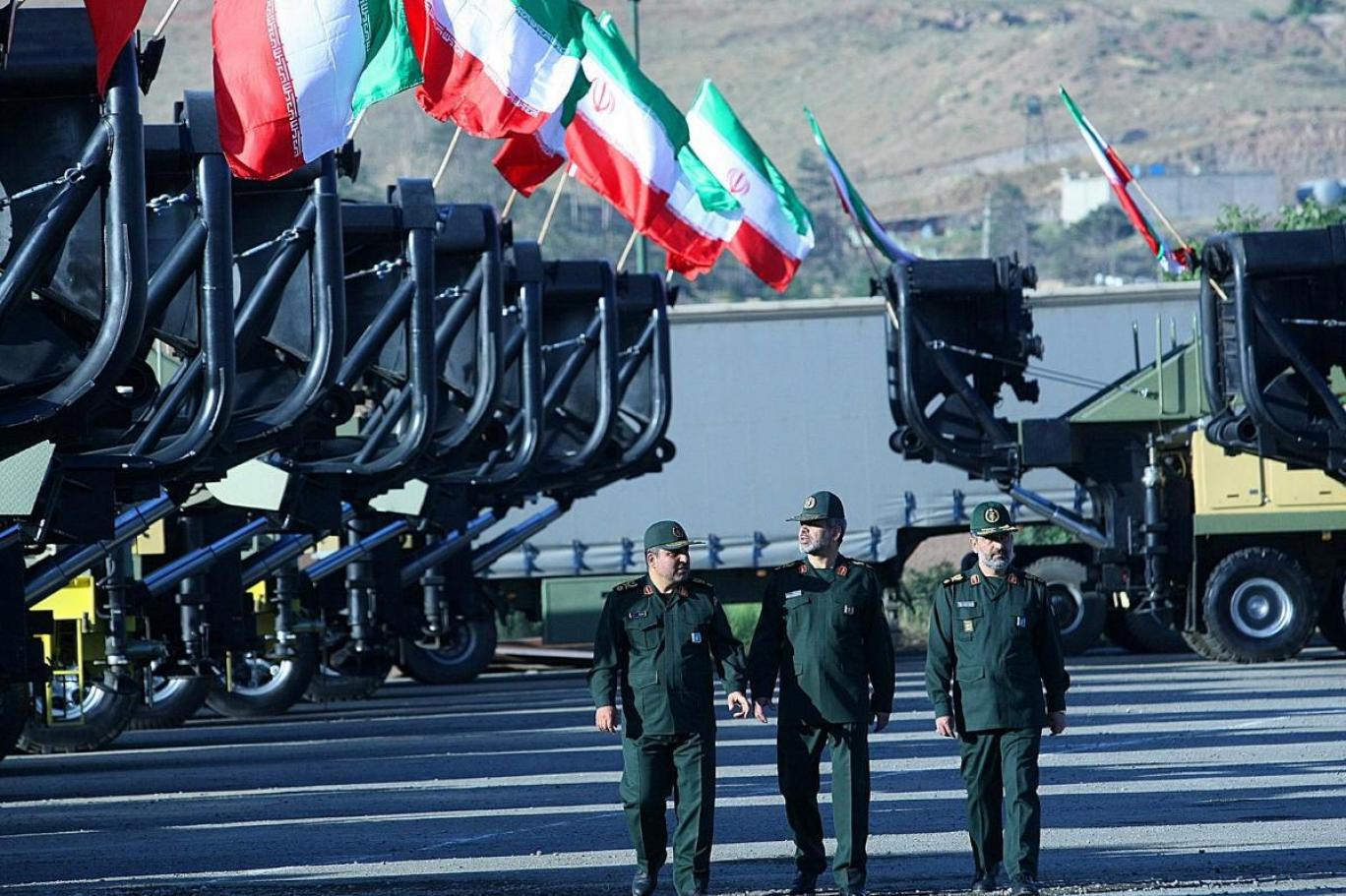The Israeli incursions within Syrian territory, aimed at installations associated with the Syrian government, Iran, and their affiliated militias, do not signify a novel strategy in response to the evolving situation within the Syrian theatre. However, the assault executed on December 2nd, targeting locations within the capital, Damascus, holds particular significance for several reasons. Foremost among these is that it marked the first instance of fatalities within the Iranian Revolutionary Guard since the commencement of the Israeli conflict in the Gaza Strip, after the military initiative instigated by the Al-Qassam Brigades – the armed wing of the Hamas movement – within the Gaza Strip, under the operation codenamed “Al-Aqsa Flood”, on October 7th.
The chronology of initiating this offensive bears particular relevance, correlating with numerous events transpiring within other sectors that are of distinct interest to both Israel and Iran. These include the persistent threats directed towards Israel by the Houthi militia, as well as the escalated intensity of Iranian nuclear activities in recent times. This escalation occurs amidst attempts to exploit the preoccupations of the United States and Israel with the conflict in Gaza. The primary objective is to fortify Iranian positions within Syria and Iraq, while the secondary aim is to intensify pressure on Western nations through the augmentation of enriched uranium stockpiles in varying proportions.
The Reasons Behind Israel’s Escalation
The inclination of Israel to intensify its confrontations with Iran within Syrian territory at this juncture can be attributed to a variety of factors, the most important of which are:
1- Western retreat in the face of Tehran: The recent offensive initiated by Israel within Syrian territory, aimed at locations associated with the Revolutionary Guard and resulting in casualties thereof, occurred approximately a fortnight after the International Atomic Energy Agency’s disclosure on November 15. The Agency reported an augmentation in Iran’s enriched uranium stockpile to 4,486.8 kilograms. The amassed quantity of 60% enriched uranium is adequate for the fabrication of a minimum of three nuclear weapons, contingent upon Iran’s decision to fulfill the technological prerequisites to attain this phase.
The apprehension of Israel is not solely predicated on the notable progression of Iranian nuclear activities but also encompasses what is perceived by Israel as the reduced intensity of pressure imposed by Western nations on Iran. These nations have refrained from adopting escalatory measures against Iran, such as referring the nuclear dossier from the International Agency to the United Nations Security Council. This restraint is intended to avert heightening tensions with Iran to prevent eliciting a reciprocal response. Additionally, these nations are striving to deter Iran from directing its regional allies to broaden the current conflict. This objective is manifest in the direct dialogues that France and Germany are conducting with Iran in the present period.
2- Successive attacks by the Houthi militia: The rapid assigning of blame to Iran by Israel for the consecutive attacks instigated by the Houthi militia was significant. These attacks, ranging from the detention of vessels in the Red Sea to the deployment of missiles and drones against specific Israeli locations in Eilat, were directly linked to Iran by Israel.
Despite Israel’s disavowal of the Galaxy Leadership, a vessel seized by the militia on November 19, as either Israeli property or owned by an Israeli citizen, it perceived the militia’s actions as escalating the severity of the threats it faces. This perception is influenced by the active participation of pro-Iranian militias in the conflict against Hamas, through the execution of strikes on Israeli locations and assaults on American bases in Iraq and Syria. These actions are perceived as retaliatory measures against the support extended to Israel by the administration of US President Joe Biden, specifically in the management of its military operations in Gaza.
Hence, Israel may have decided to send stronger messages to Iran through Syria, to push it to put pressure on the Houthi militia to stop the attacks it launched after the outbreak of the war in Gaza.
3- Fear of the repercussions of the US-Iranian understandings: Israel articulates apprehensions regarding potential consequences stemming from the continuous negotiations between the United States and Iran. From Tel Aviv’s perspective, the initiation of conflict in Gaza has exacerbated the strain in the relationship between Iran and the US, attributed to the former’s allegations against the latter for exacerbating the crisis in Gaza and green lighting ground operations. Nevertheless, these circumstances have not halted the ongoing negotiations.
The Biden administration was reluctant to implicate Iran in the “Al-Aqsa Flood” operation, concurrently extending diplomatic overtures to Iran, encouraging it to exert influence over its affiliates to moderate the escalating tensions. Furthermore, Iran played a nuanced role in the prisoner swap between Israel and Hamas, a move that was received favorably by the US. This was evidenced by the release of several Thai detainees held by Hamas, following negotiations facilitated by Iran between Thai government officials and Hamas. It is also of significant note that the US refrained from a robust response to the IAEA’s disclosure of a marked progression in Iranian nuclear activities.
The entirety of this situation appears to have precipitated Israel’s hastened escalation with Iran. This escalation is not solely a reaction to Iran’s regional maneuvers and nuclear pursuits but also serves as a message to the US. It signals that Israel will act in defense of its interests, even if such actions yield adverse effects on Iran. This stance could potentially disrupt the US’s ongoing negotiations with Iran.
4- Paving the way for new operations against Iran’s nuclear program: The recent Israeli escalation against Iran in Syria may be a prelude to a new phase of the conflict between the two parties, which extended to targeting Iranian nuclear facilities from within, through intelligence operations carried out by Israel and attempted to limited Iran’s ability to develop its nuclear activities, as it focused in this regard on some facilities specifically, such as the Natanz uranium enrichment reactor, which was subjected to two attacks on July 2, 2020 and April 12, 2021. The attack that occurred in Syria may be, in part, a message to Iran, stating clearly that Israel’s preoccupation with the current war will not prevent it from moving forward in trying to achieve its goals.
An Ongoing Struggle
It could be noted that Israel discerns Iran’s reluctance to engage directly in the prevailing conflict, thereby persisting in exerting pressure through targeted strikes, a strategy likely to persist in the forthcoming period. Given this context, Iran faces a set of challenging decisions. Its inaction in response to these strikes could potentially embolden Israel to escalate its operations and broaden its reach in the subsequent phase. Conversely, any response might lead Iran to partake in what it initially sought to evade, namely, participation in the ongoing war, or at the very least, carrying a portion of its cost.


